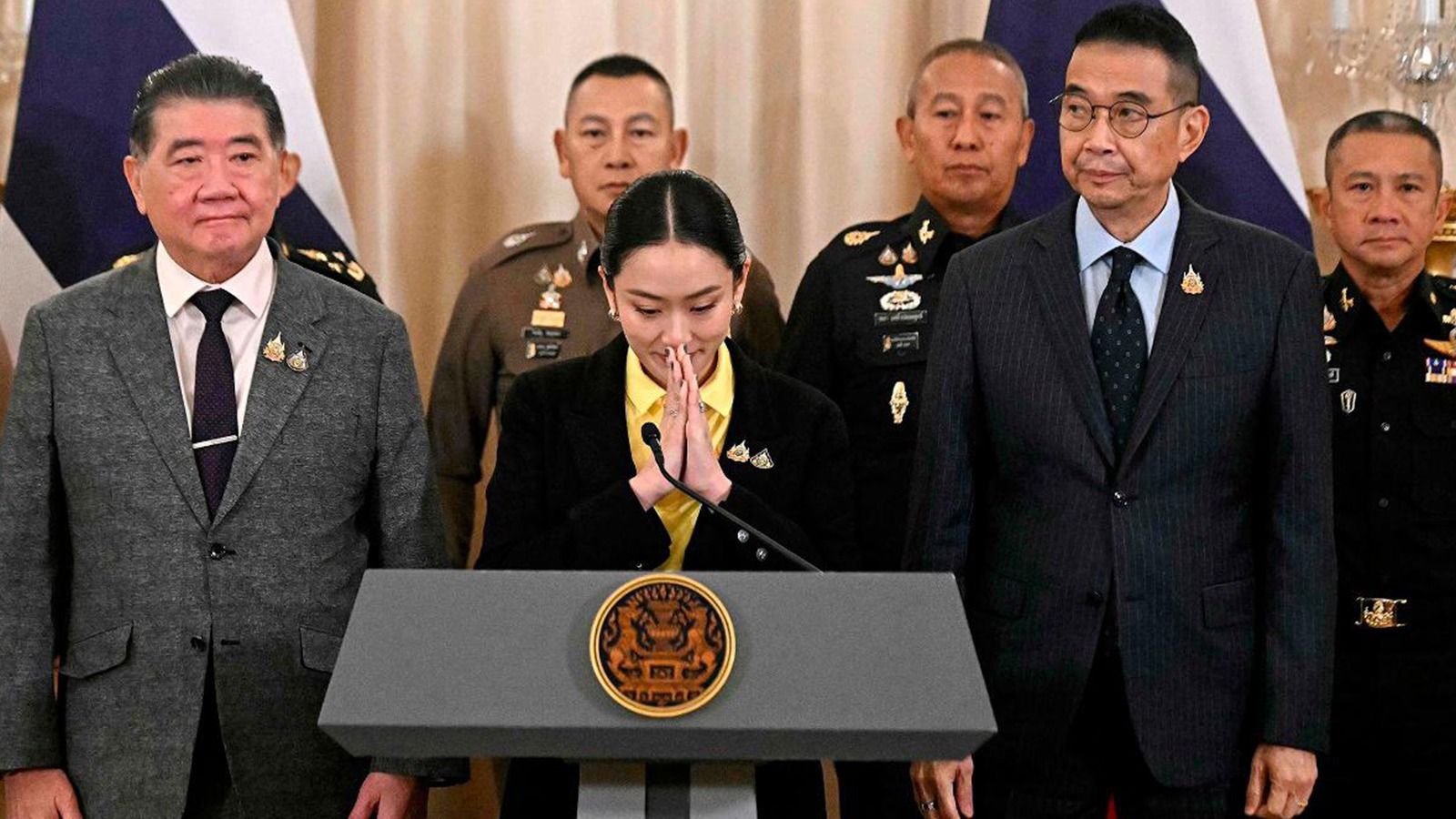Thailand is facing political uncertainty after Prime Minister Paetongtarn Shinawatra was suspended by the Constitutional Court on 01 July. The court is reviewing a petition from 36 senators who have accused her of ethical misconduct linked to a leaked phone call with Cambodia’s former Prime Minister, Hun Sen.
Despite the suspension, Paetongtarn is expected to remain active in government. On 01 July, the cabinet announced her appointment as Minister of Culture and is set to be sworn in on 03 July. This would enable her to participate in cabinet meetings despite the suspension by the constitutional court.
Paetongtarn has 15 days to respond to the court. In parallel, the National Anti-Corruption Commission is conducting an independent inquiry into the same allegations, which could result in further legal action, including a possible referral to the Supreme Court.
Who Is Leading the Government Now?
In the interim, Deputy Prime Minister and Minister of Transport Suriya Juangroongruangkit has assumed the role of caretaker leader.
The Thai Parliament is set to reconvene on 03 July. Previously, the Bhumjaithai party had announced plans to file a no-confidence motion. However, the move is now on hold pending the outcome of the court’s decision. Any renewed effort would require support from the People’s Party, the largest opposition faction, which has not yet declared its position.
Paetongtarn, 37, is the youngest PM of Thailand and the fourth from her family to hold the top post. She has been struggling to revive the economy and her popularity had been dropping. Her father Thaksin Shinawatra, a key force behind the government, is also facing legal troubles in two courts.
“Paetongtarn’s battles after only 10 months in office underline an intractable power struggle between the billionaire Shinawatra dynasty and an influential establishment backed by the army – a two decade grudge match that has seen two military coups and court rulings that have toppled multiple parties and PMs,” opined Reuters
Prior to the PM’s resignation, Bangkok had witnessed its large anti-government rallies. The suspension of Thai Prime Minister Paetongtarn Shinawatra marks a key shift in the country’s politics. Protests may grow during the 15-day review period, adding to the unrest. The court’s final ruling could impact Thailand’s economy, politics, and ties with Cambodia. While short-term effects may be manageable, ongoing instability could hurt business operations. The caretaker government’s ability to maintain order and continue policy work will be crucial.
𝐃𝐢𝐬𝐜𝐥𝐚𝐢𝐦𝐞𝐫: The article has reference to open sources including Reuters, CNA and the Print.
This is a developing story. MitKat will continue to monitor the developments in the region.






